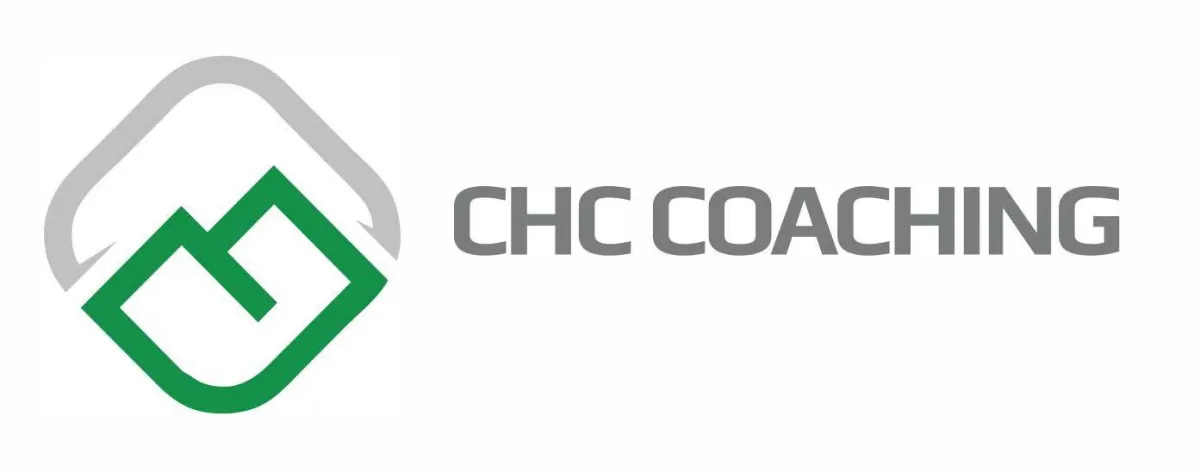
Blog

Best Practices for Improving Performance through Coaching
Coaching is an essential aspect of developing and maximizing the potential of individuals within an organization. Here are some best practices to effectively coach personnel:
Establish Clear Objectives and Goals: Clearly define the objectives and goals of the coaching process. Align these goals with both individual and organizational objectives to ensure focus and relevance.
Build a Trusting Relationship: Foster a trusting and open relationship with the individual being coached. Create an environment where they feel comfortable discussing challenges, goals, and concerns.
Active Listening: Listen attentively to understand the perspectives, thoughts, and feelings of the individual. Demonstrate empathy and ask probing questions to gain deeper insights into their experiences and aspirations.
Ask Powerful Questions: Encourage critical thinking and self-reflection by asking open-ended, thought-provoking questions. Guide the individual to find their own solutions and insights.
Provide Constructive Feedback: Offer feedback that is specific, constructive, and actionable. Focus on behaviors, actions, and outcomes while emphasizing strengths and suggesting improvements.
Use Strength-Based Approach: Identify and leverage the individual's strengths to help them achieve their goals. Encourage the utilization of their unique skills and talents to enhance performance.
Encourage Self-Reflection: Encourage individuals to reflect on their actions, decisions, and experiences. Help them gain insights into their strengths, weaknesses, and areas for improvement.
Co-create Action Plans: Work collaboratively with the individual to develop actionable plans and strategies to achieve their goals. Ensure these plans are realistic, measurable, and time-bound.
Follow-Up and Accountability: Establish a system for regular follow-up to track progress and provide ongoing support. Hold the individual accountable for their commitments and celebrate their achievements.
Be Positive and Encouraging: Maintain a positive and encouraging demeanor throughout the coaching process. Instill confidence and belief in the individual's abilities to overcome challenges and succeed.
Respect Diversity and Inclusion: Respect and appreciate the individual's background, experiences, and perspectives. Consider diversity and inclusivity in your coaching approach to tailor strategies that suit their unique needs.
Continuously Develop Your Skills: Stay updated with the latest coaching methodologies, tools, and techniques. Continuously improve your coaching skills through training, workshops, and feedback.
Confidentiality and Privacy: Ensure that all discussions and information shared during coaching sessions are kept confidential to build trust and maintain a safe environment.
Adaptability: Be flexible and adaptable in your coaching approach to meet the changing needs and circumstances of the individual and the organization.
Measure and Evaluate: Establish metrics or indicators to measure the effectiveness of coaching interventions. Regularly evaluate progress and adjust strategies as needed to ensure optimal outcomes.
By implementing these best practices, you can create a supportive and empowering coaching environment that helps your personnel reach their full potential and contribute effectively to the organization's success.
To learn more about the services we offer, please click here. To get in touch with me, please click here or give me a call at (617) 281-3215.

Best Practices for Improving Performance through Coaching
Coaching is an essential aspect of developing and maximizing the potential of individuals within an organization. Here are some best practices to effectively coach personnel:
Establish Clear Objectives and Goals: Clearly define the objectives and goals of the coaching process. Align these goals with both individual and organizational objectives to ensure focus and relevance.
Build a Trusting Relationship: Foster a trusting and open relationship with the individual being coached. Create an environment where they feel comfortable discussing challenges, goals, and concerns.
Active Listening: Listen attentively to understand the perspectives, thoughts, and feelings of the individual. Demonstrate empathy and ask probing questions to gain deeper insights into their experiences and aspirations.
Ask Powerful Questions: Encourage critical thinking and self-reflection by asking open-ended, thought-provoking questions. Guide the individual to find their own solutions and insights.
Provide Constructive Feedback: Offer feedback that is specific, constructive, and actionable. Focus on behaviors, actions, and outcomes while emphasizing strengths and suggesting improvements.
Use Strength-Based Approach: Identify and leverage the individual's strengths to help them achieve their goals. Encourage the utilization of their unique skills and talents to enhance performance.
Encourage Self-Reflection: Encourage individuals to reflect on their actions, decisions, and experiences. Help them gain insights into their strengths, weaknesses, and areas for improvement.
Co-create Action Plans: Work collaboratively with the individual to develop actionable plans and strategies to achieve their goals. Ensure these plans are realistic, measurable, and time-bound.
Follow-Up and Accountability: Establish a system for regular follow-up to track progress and provide ongoing support. Hold the individual accountable for their commitments and celebrate their achievements.
Be Positive and Encouraging: Maintain a positive and encouraging demeanor throughout the coaching process. Instill confidence and belief in the individual's abilities to overcome challenges and succeed.
Respect Diversity and Inclusion: Respect and appreciate the individual's background, experiences, and perspectives. Consider diversity and inclusivity in your coaching approach to tailor strategies that suit their unique needs.
Continuously Develop Your Skills: Stay updated with the latest coaching methodologies, tools, and techniques. Continuously improve your coaching skills through training, workshops, and feedback.
Confidentiality and Privacy: Ensure that all discussions and information shared during coaching sessions are kept confidential to build trust and maintain a safe environment.
Adaptability: Be flexible and adaptable in your coaching approach to meet the changing needs and circumstances of the individual and the organization.
Measure and Evaluate: Establish metrics or indicators to measure the effectiveness of coaching interventions. Regularly evaluate progress and adjust strategies as needed to ensure optimal outcomes.
By implementing these best practices, you can create a supportive and empowering coaching environment that helps your personnel reach their full potential and contribute effectively to the organization's success.
To learn more about the services we offer, please click here. To get in touch with me, please click here or give me a call at (617) 281-3215.
